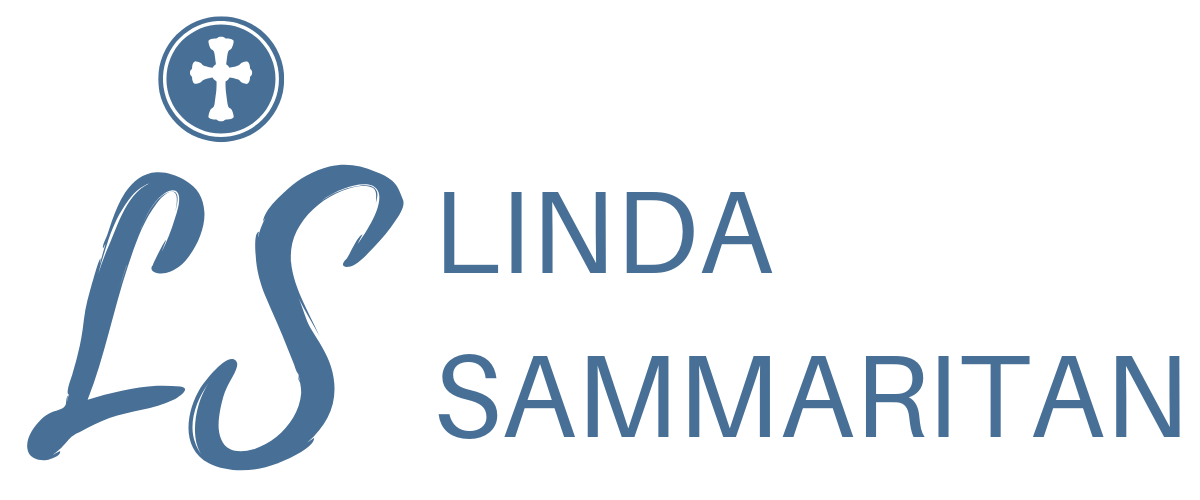The Value of a Buck
My parents made sure I learned the value of a buck and how to earn one before I entered nursery school. “No, Linda. We only need milk, bread, and eggs today. We don’t have enough money for a candy bar.” “Thank you for putting your toys away and I didn’t even have to ask! Here are three pennies. Put them in your piggy bank.” If I stuck out a hand hoping for more, they ignored it. If they did indulge a whim of mine, I’d better play with the toy I had claimed was the best thing in the whole world or eat the treat I’d begged for. “You wanted that strawberry milk mix. Now drink it.” I gagged my way through three-quarters of the tin before Mom showed mercy. School years arrived. I earned a weekly allowance which paid for school lunches, church offering, a savings account (one dime at a time), and a little left over for mad money. If I wanted something that cost more than what I had,no one handed me anything extra. I would have to take the time to save up. College was my future. My parents drilled the concept into me before I could say the word, “university.” While Mom’s secretary job would pay a good portion of higher education, they expected me to do my part. From seventh grade on, I worked as a babysitter,until I reached the status of full time nanny during high school summers, bulking up that old savings account. If I had spent all my earnings on an extravagant wardrobe, they would have made me get a job at school to pay my share, or I could just wait out a year and work until I had the funds.
Budgets
Dad counseled me on the ins and outs of keeping a budget. Simple arithmetic, really. You start with so much money, earn more to increase your bottom line, pay your expenses, and save for emergencies. Anything left over can be spent on what I want. But don’t borrow money! A home mortgage was the only debt-approved item. And a car loan, if absolutely necessary. Did I listen to my parents? Sort of. Ninety percent of what I earned in high school covered about twenty percent of my college tuition. I could balance my checkbook every month. But once I was married… We bought furniture and a second car, but neither of us had a good job yet. Surprise! I got pregnant! Although inundated with gifts, we still had extra baby expenses. And for some inexplainable reason, we decided we needed a large freezer, via five years of loan payments to the tune of a 36% interest rate. My father must have been beating his head against a wall, but I’ll thank my parents forever–they never said a word.
Earn, Give, Save
My husband and I only needed that one course in the school of hard knocks. Within two years, he snagged a great job, I stayed home with son #1, and we paid off all debts except the car. And we bought a home. So now we had a workable budget, a cozy nest, and the job had no trouble covering the two debt payments. 
America has a spending problem.

Sharing





You were blessed with good upbringing. More parents need to take on this responsibility, and those not so blessed need to catch up on Econ 101.
Yes, I believe children lead more satisfied lives when they learn these lessons.
Sharing blesses others and blesses us. There are many lessons to be learned in sharing. Great message.
Thank you!
Sounds like we grew up in similar households with penny pinching parents who taught us about money. The babysitting gig, the job detasseling corn that my mother secured for me at 14, the day we drove into the town of our new home. Work hard. Save all you can. Give all you can. Then we marry, like you said, and we have to meld together sometimes opposing ways we were parented. And then, there’s that ridiculous purchase. Thanks be to God for hardworking, penny pinching parents. And thanks be to God for his mercy when we mess up!
Yes. Thankful for his mercy! So you made a ridiculous purchase, too?
I love this post! I can certainly attest to the “hard knocks” of finances when my husband and I got married. It took a few of these debacles for us to get the lesson, but we sure did get it. And giving our money away is a joy. Sometimes I tend to be on the other end, where I give what we should keep. lol Balance is key for me. I love the lesson that Wesley teaches and it is one we taught our kids as well. Your parents sound like great parents! 🙂
They were great parents! If you explore my website, find the portion for World Without Sound, my book series-in-progress. While fictional, the whole story is based on our family and how my parents raised us during difficult years.
Hadn’t heard Wesley’s quote before. Love it (even though it’s convicting)!
I try to evaluate my behavior on a regular basis concerning that quote!
Thanks, Linda. Love the John Wesley quote you shared.
If we all lived by his words, think what the world might be like!
People helped lift me out of poverty. I love being able to help others–as I can. People can come out of the abyss of poverty–and learn to do money well.
Yes. So many success stories!
I believe sharing our blessings with others is fundamental to our faith. I learned sharing from an early age in my family and have tried to instill in my children and grandkids too. Thanks Linda
You’re welcome. And thank you for the comment. It shows how goodness is taught through the generations.
Such a great post, Linda. And I love dear John Wesley. Learning how to earn, save, and give is such a critical lesson. I believe when he received raises, he kept living on the same amount and gave even more away.
Thank you, Pam. And you’ve just added to the post–what a great tidbit of information on what he did with his money after he got a raise!